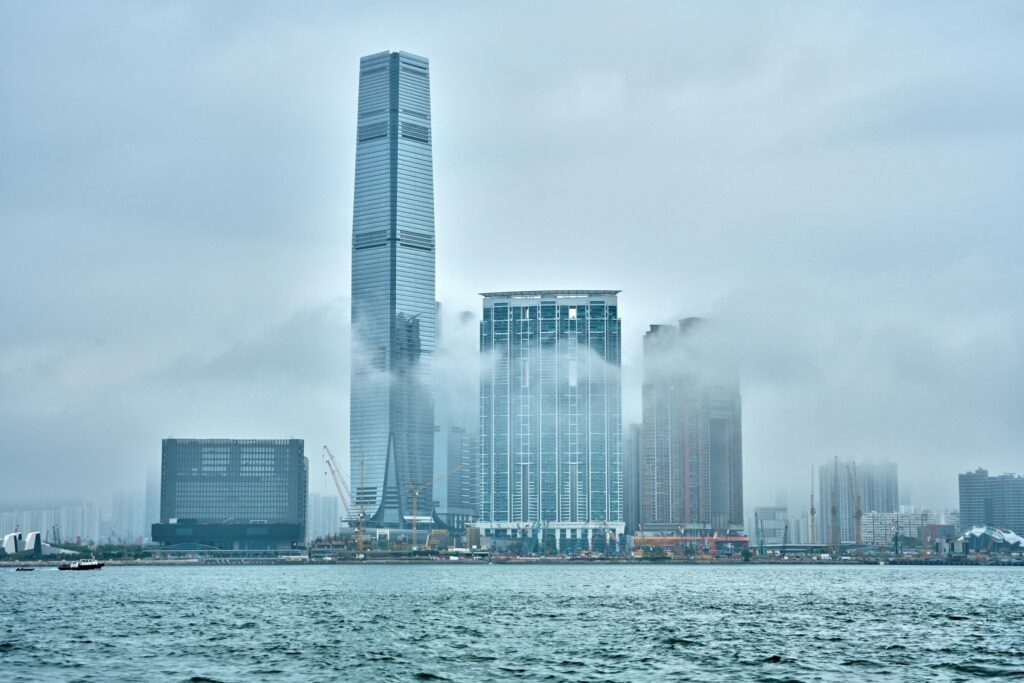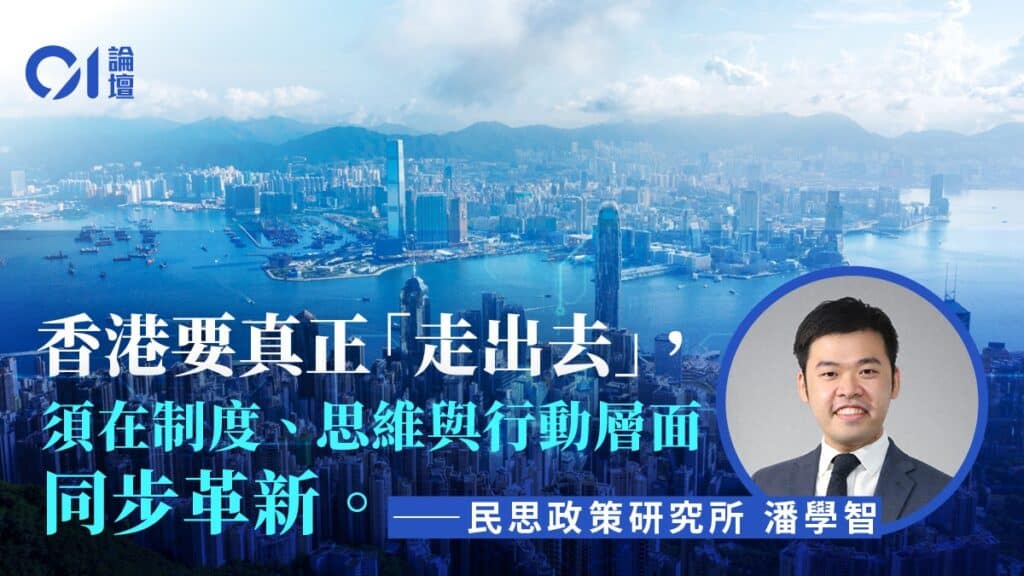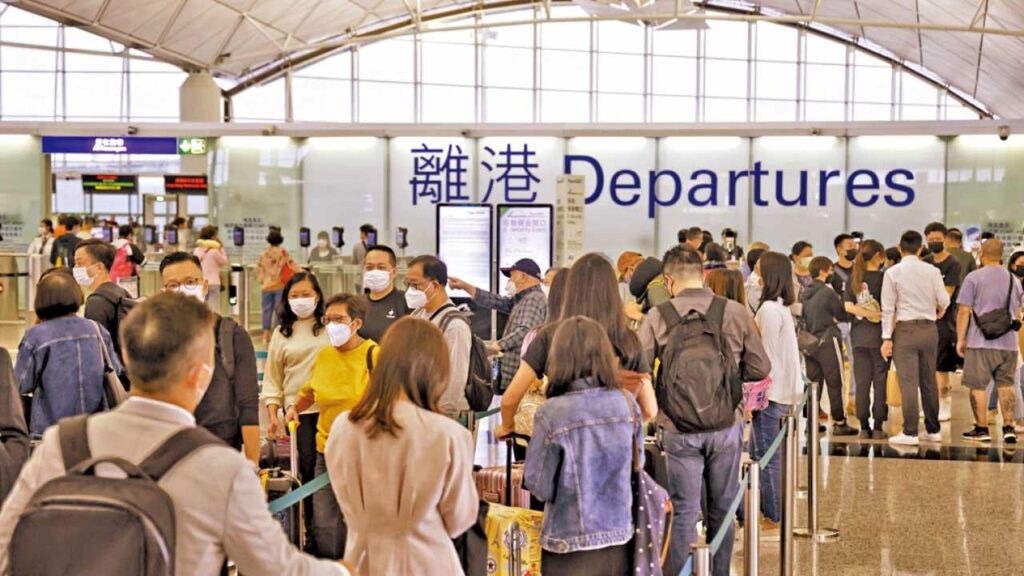The "2023 World Competitiveness Annual Report" was released earlier. Although Hong Kong is fully promoting the pace of returning to normal, its ranking has dropped from fifth to seventh last year. The change in rankings is, on the one hand, affected by the adjustment of various indicators in the report, and there are certain subjective factors that do not need to be over-interpreted; but on the other hand, some development weaknesses pointed out by industry experts are worthy of our humble view. Among various scores, Hong Kong's rankings in the local economy, job market, productivity and efficiency fell the most. It can be seen that Hong Kong's economy must grow both in terms of total volume and improve quality in order to maintain international competitiveness.
Optimize policies to improve production efficiency
Hong Kong is already at the forefront of developed regions, and its economic development is difficult to achieve breakthroughs driven by labor-intensive factors or capital-intensive investment. Moving towards high-quality development is an inevitable stage that follows economic laws and progresses to technology-intensive innovation-driven development. According to the Labor Productivity Index compiled by the Census and Statistics Department, Hong Kong's productivity growth in recent years has been supported by finance, communications, trade and manufacturing, reflecting the industry's adoption of advanced technologies and attempts at digital transformation, which has continued to upgrade business processes. However, the efficiency of the water, electricity, gas, transportation, postal storage, and accommodation and catering industries not only lags behind the situation, but even regresses, which is surprising. Hong Kong's production efficiency needs to be improved and quality needs to be adjusted. It needs to adjust its manpower structure, introduce technology applications, and move into a knowledge-intensive path.
High-quality development requires balancing the main contradictions in society and solving the structural problems that the people need for a better life. Pure material progress is not enough to meet the expectations of today's citizens, because they also observe the imbalance between urban and rural areas, the imbalance in income distribution, and the imbalance between social development and ecological conservation. Hong Kong has the conditions to narrow the scale of these three imbalances, but it needs out-of-the-box thinking to implement changes. For example, the northern metropolitan area is reshaping the planning of Hong Kong's border areas and expanding the focus of development from both sides of Victoria Harbor to the "border" areas. The government also intends to build Hong Kong into Asia's green financial center and resolve the antagonistic relationship between economic development and environmental protection into a mutually beneficial relationship.
Identify the engines that drive economic growth
Hong Kong is the freest economy in the world and is also most affected by market fluctuations. When things are booming, some risks are often easily covered up. When the tide goes down, all kinds of hidden dangers are exposed. In the future, Hong Kong must not only recover the losses caused by the interruption of international connections during the epidemic, but also resist the geopolitical impact of the game between China and the United States. The concept of high-quality development does not involve blind pursuit of growth, but also requires guarding against major risks. Diversified cooperation is Hong Kong's self-protection strategy for opening up to the outside world and diversifying investment. The huge market demand in the Guangdong-Hong Kong-Macao Greater Bay Area, the opening up of RCEP's service trade, and the joint construction of the "Belt and Road" have all contributed to Hong Kong's most advantageous life service industries such as education, medical care, and tourism, as well as productive industries such as finance, law, and shipping. The service industry brings vitality and motivation, giving Hong Kong the confidence to cope with greater shocks.
In the past, the world often used "China speed" to describe the country's economic miracle. Now that the mainland has fully built a moderately prosperous society, the country has also shifted from high-speed growth to high-quality development in order to overcome the middle-income trap. Hong Kong must become a promoter of domestic and international dual circulation, able to attract foreign investment, consolidate employment opportunities, promote the transformation of foreign trade, get rid of low-end manufacturing, deliver innovative culture, and train high-end talents. Hong Kong's move toward high-quality development not only helps it find the key engine to drive economic growth, meet people's needs for a happy life, and resolve hidden risks that trigger social conflicts, but it is also the only way to serve the country's new development pattern.
Source:http://www.takungpao.com.hk/opinion/233119/2023/0706/868549.html



